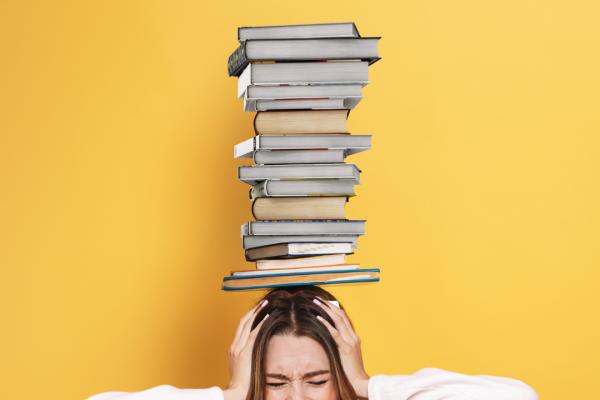Coffee/Caffeine is no substitute for a lack of sleep (and here’s why …)
3 min read
Caffeine is the world’s most popular ‘drug’, with over 194% of adults in the US drink caffeinated beverages with up to 64% of those drinking them daily. In the UK alone, 235,770 million cups of coffee are consumed each year. Whilst caffeine may give you an instant boost, the side effects when it wears off, known as a caffeine crash, can cause anxiety, drowsiness, fatigue and even headaches, which in turn leads to difficult decision making and probably another cup of coffee.
3 “People are tired of being tired, and caffeine is a legal stimulant that provides that little jolt of energy”.
But what impact is that ‘little jolt of energy’ having on your day-to-day life and is it worth it?
Impact on sleep
Let’s look at how caffeine can affect your sleep – sleep is vital and we are aware of the side effects of not getting enough – varying from mental and physical implications. 4As tiredness increases you become less alert and have difficulty multitasking, therefore enhancing the likely hood of mistakes and increased workplace or vehicle accidents.
I am sure we also all know not to drink caffeine late at night, but is missing that last cup before bed enough to ensure you sleep better? It can take between 5 4-6 hours for your body to cleanse just half of the caffeine you have consumed, so if you are having your last cup of coffee at 5pm your body could still be processing it well into the early hours of the morning.
This graph from the Sleep Foundation survey demonstrates the effect that caffeine is having on our sleep:
Impact on productivity
6Caffeine is tricking your brain by taking up the receptors for adenosine, which are natural signals telling your brain and body to slow down. When you drink caffeine, your body is tricked into thinking it has more energy than it does. The caffeine crash we are all familiar with then leads to an impact on productivity. 7Studies have also found that reaction times are significantly decreased in auditory and visual choice tasks when caffeine has been consumed.
Impact on decision-making
If you’ve had a restless night’s sleep, how are you going to start the day?
That slump and tiredness feeling means that most caffeine drinkers start their day by adding some fake energy to wake them up: starting the whole process off again.
Throughout the day we all need to make decisions, whether that be in our personal lives or work lives, we need to have clarity and clear thinking so that those decisions are sound.
Whilst, I am sure most of you reading this are not football players, there was an interesting piece of 5research carried out last year that looked at the accuracy and decision making with and without caffeine amongst footballers. Whilst drinking caffeine increased accuracy by 13.48% it decreased decision making by 7.14%. As we have agreed, most of us are not football players and therefore accuracy on hitting a ball is probably not of importance to us, but what is important is that decision making statistic. The average adult makes around 835,000 decisions every single day, things such as what will I wear, what shall I eat happen automatically and simultaneously through stored information. Therefore a 7% decrease on the important decisions is quite a significant number – 7% of 35,000 is 2,450 – we know the majority of decisions don’t require a lot of thought, so which 2,450 decisions are you making that are being affected by your caffeine intake?
Before you make your next decision, consider is it impulse driven from that hit of the caffeine or is it the right decision.
- [1] Sleep Foundation: Evans, J., Richards, J. R., & Battisti, A. S. (2023)
- [2] Coffee Consumption Statistics UK (2024)
- [3] Dr Abhinav Singh
- [4] Spilling the Beans: How Much Caffeine Is Too Much? U.S. Food & Drug Administration (2023)
- [5] The effects of acute caffeine ingestion on decision-making and pass accuracy in young soccer players (2024)
- [6] Harvard Business Review: A simples way to make better decisions (2023)
Author Naomi Fenn-Mansfield



